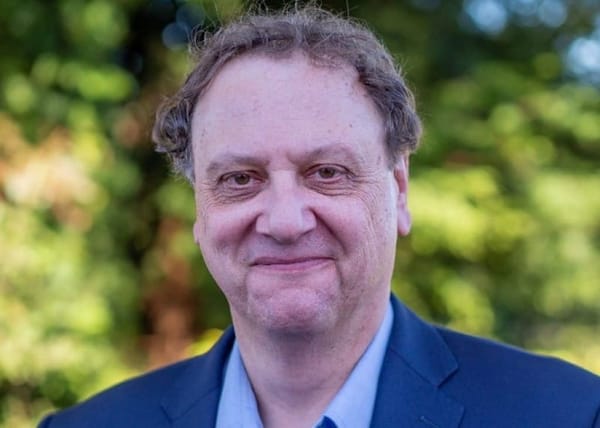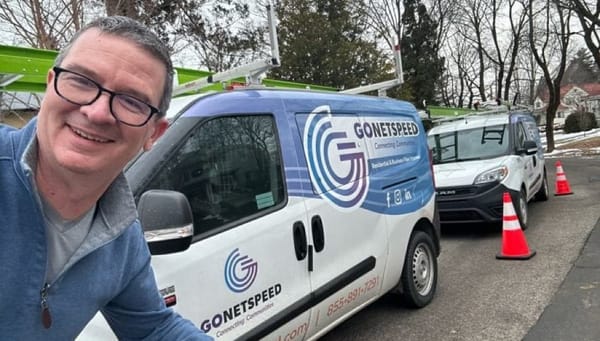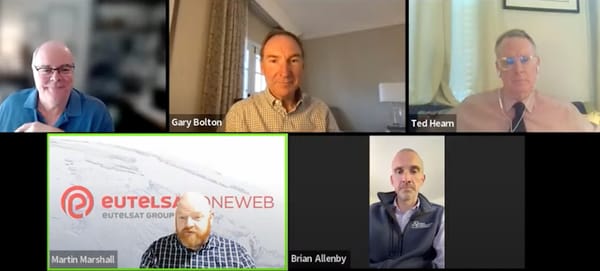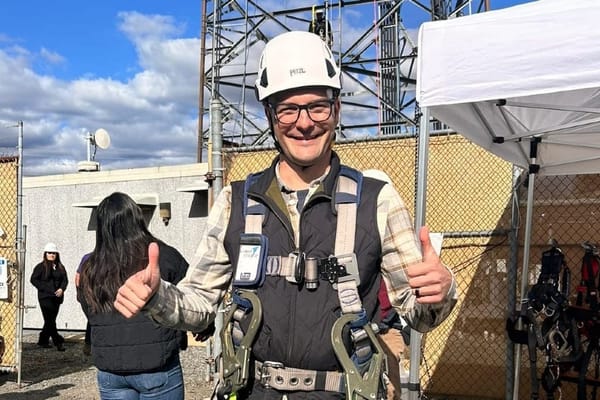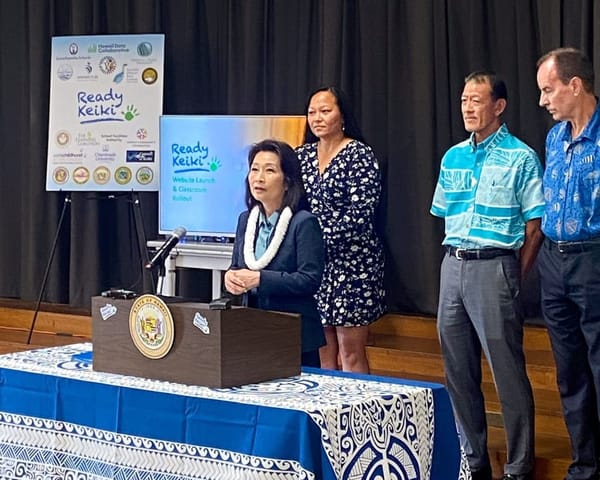BEAD Roundup: Michigan and Missouri Begin Accepting Challenges
Vermont, Georgia, and Indiana are set to wrap up their challenge phase and process ISP rebuttals.
Jake Neenan

WASHINGTON, April 1, 2024 – Michigan and Missouri began their BEAD challenge processes last week, while the first phases of those from Vermont, Georgia, and Indiana are drawing to a close.
The Broadband Equity, Access and Deployment program makes $42.5 billion available to states for expanding broadband infrastructure. Before spending that money, states are required to accept challenges to government broadband coverage data.
The Federal Communications Commission’s coverage map, which has an ongoing challenge process of its own, was used to determine relative need and allocate program funds, but was not considered accurate enough to determine which individual homes and businesses lack broadband for the purposes of BEAD. States and territories will have the chance to incorporate updates from the latest version of the FCC map both before and after their processes.
Per the process laid out by the National Telecommunications and Information Administration, challenges can be submitted by nonprofits, local and Tribal governments and internet service providers. Some states have so far struggled to engage nonprofits and local governments, with broadband offices reporting that the majority of challenges tend to come from ISPs who have existing plans to build in unserved areas.
Michigan – allocated $1.56 billion
Michigan began accepting challenges on March 25. The state is taking up optional modifications to the NTIA’s model challenge process: presumptively marking old DSL as “underserved,” accepting speed tests as evidence, as well as area and MDU challenge rules.
Under these rules, if six locations in a census block group or 10 percent of the units in an apartment building challenge the same provider’s technology or coverage, the provider must provide evidence that they serve the entire block group or building as reported in government data.
In a departure from default BEAD rules, the state will also presumptively mark fixed wireless broadband on cellular networks as underserved. The NTIA nixed a similar plan from Ohio, as fixed wireless on licensed spectrum is considered adequate technology for the purposes of BEAD, but some of the ten other states that proposed such a measure have had it approved by the agency.
Michigan will be accepting challenges through April 23. Providers in the state will then have up to 30 days to rebut challenges to their reported coverage with countervailing evidence.
Missouri – allocated $1.74 billion
Missouri also began accepting challenges on March 25, and will also close its challenge window on April 23.
The state is making similar process modifications to Michigan, also opting for all three optional measures and choosing to mark cellular FWA as underserved. Missouri is also using prior challenges to the FCC map to trigger area challenges in its own process.
That means that in census blocks where six challengers successfully contested FCC coverage data, the state will by default require providers to rebut the entire census block to avoid having it marked un- or underserved.
Vermont – allocated $229 million
Vermont stopped accepting challenges at noon ET today.
The state is planning to do an initial analysis of the submitted challenges before opening an ISP rebuttal phase from April 15 to April 29.
Vermont also took up the optional process modifications and also convinced the NTIA to greenlight its plan to mark some fixed wireless broadband as underserved, also opting to limit the designation to cellular networks. The state cited capacity concerns plus its varied weather and tree canopy as reasons to open up cellular FWA service areas to BEAD funds.
Georgia – allocated $1.31 billion
Georgia’s challenge portal will close tomorrow, April 2.
The state took up the DSL modification and also successfully proposed a cellular FWA modification.
After the close of its challenge phase, the state is planning a rebuttal window lasting until May 2.
Indiana – allocated $868 million
Indiana’s challenge window, originally planned to close April 3, was extended two weeks, until April 17.
The state took up the NTIA’s DSL modification as well as the agency’s speed test modification, meaning Indiana will accept speed tests meeting certain methodological standards as evidence that a location’s actual coverage is lower than government data indicates.
Indiana’s broadband office will also move to a rebuttal phase after the close of its challenge window.
Nevada – allocated $417 million
Nevada’s challenge window closed on March 28.
Like Georgia, Nevada’s changes to the default NTIA challenge process include the DSL modification and the state’s own cellular fixed wireless modification, again presumptively marking the technology as underserved. The state expects this modification to change the designation of approximately 1,000 locations, according to its approved Volume One.
The state’s rebuttal phase is also set to last 30 days, after which the broadband office will weigh evidence and make final determinations.



